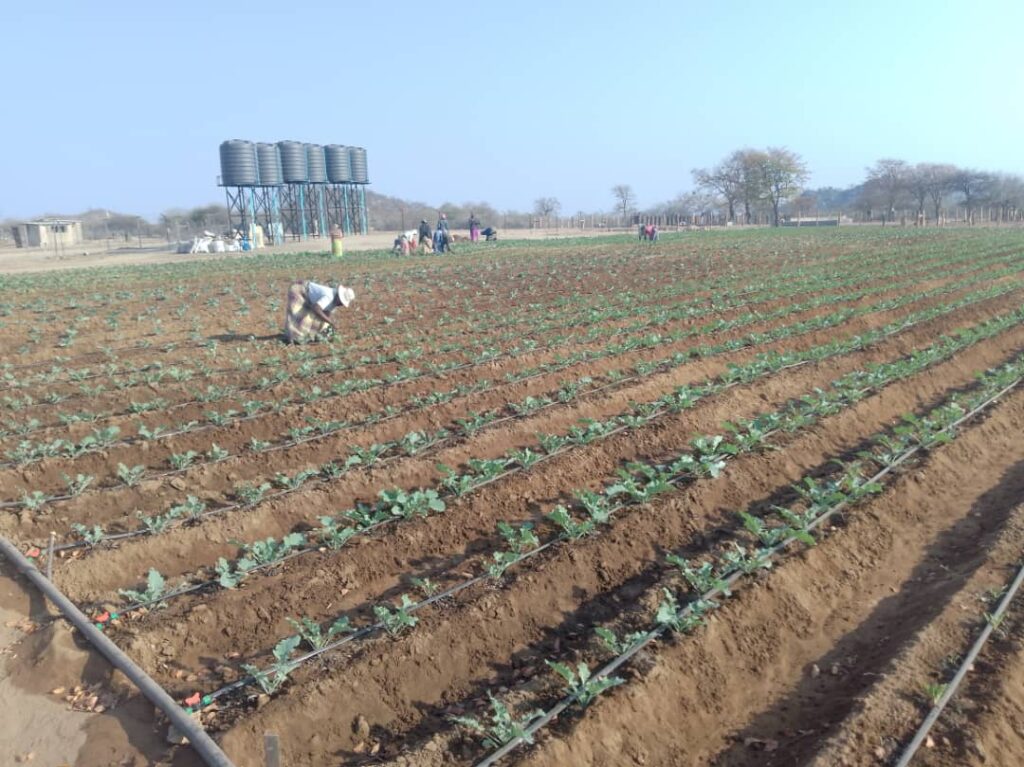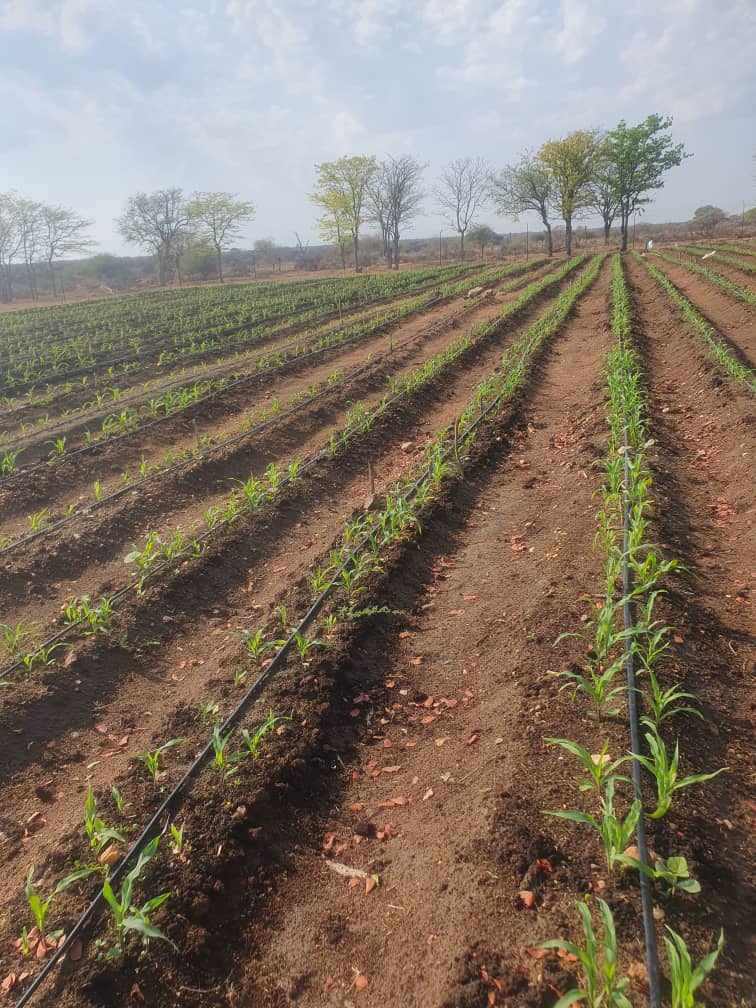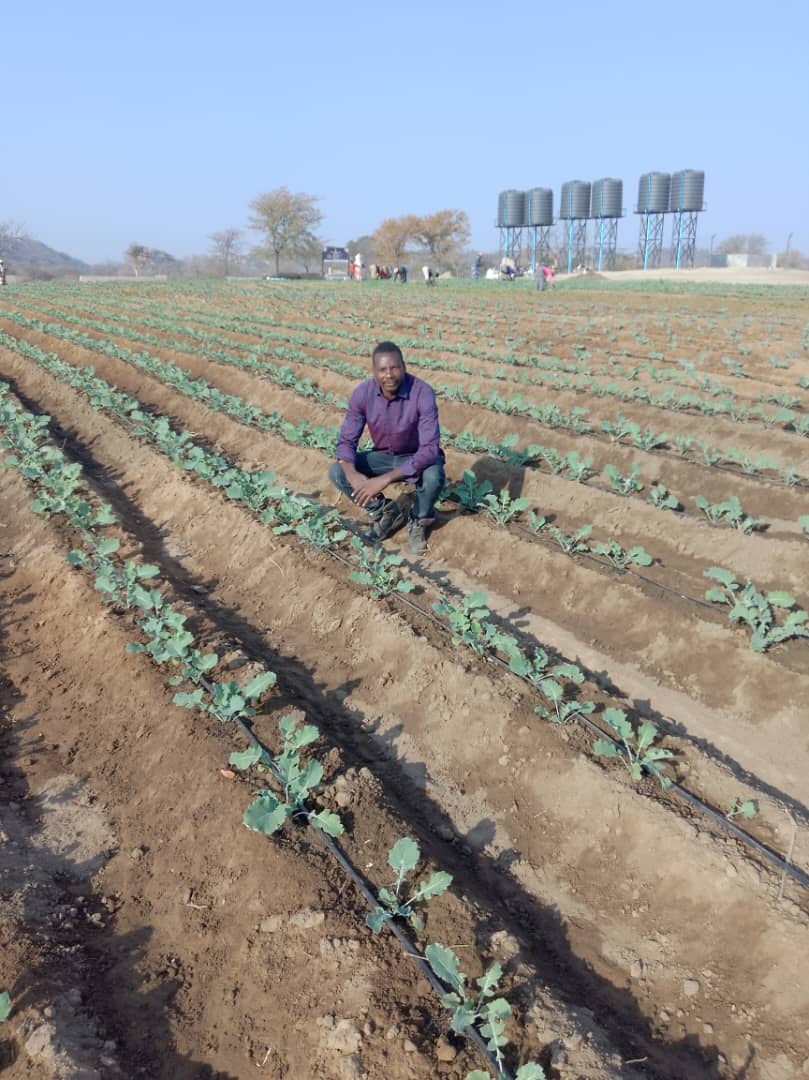Gwanda, Matabeleland South | The devastating El Niño-induced drought has ravaged Southern Africa, leaving millions facing hunger, including vulnerable communities in Zimbabwe’s arid Matabeleland South province.
About 68 million people, constituting 17% of the total population, are at risk of hunger across Southern Africa due to the devastating El Niño-induced drought that has prematurely withered food crops during the farming season.
To address this crisis, President Emmerson Mnangagwa, who doubles as SADC Chairperson, appealed to the international community for urgent aid, highlighting the urgent need for US$5.8 billion to mitigate the impact.
To alleviate the suffering of Zimbabweans, the government launched the Presidential Borehole Scheme (PBS).
Matabeleland South province, a region already grappling with water scarcity, has been severely impacted by the El Niño-induced drought.
As a result, local villagers are facing dire food shortages.
Also read: Study in Sweden: Explore the Lund University Global Scholarship Opportunities

The PBS initiative is now in full throttle in Matabeleland South aiming to alleviate the suffering of drought-stricken local communities by drilling numerous boreholes in various rural locations providing much-needed water for domestic use, livestock, and agriculture.
Paul Tungwarara, the Chairperson of Prevail Group International, one of the key contractors involved in the borehole scheme, emphasized the significant role of horticulture gardens in empowering local communities.
“These gardens, made possible by the reliable water supply from the boreholes, have become a source of food security and income generation for many villagers,” he said.
“President Emmerson Mnangagwa through his visionary leadership envisaged the necessity to supply rural villagers in drought hit areas with unlimited clean water supply through the PBS programme.
“Villagers across Matabeleland South are the latest beneficiaries of the ongoing PBS programme,” he said.
In the communal lands of Garanyemba village, Gwanda District, the scheme is now transforming the lives of countless villagers, enabling them to establish sustainable livelihoods and mitigate the effects of the drought.
Nozipho Sibanda, a small-scale business owner in Garanyemba Village, Gwanda District highlighted the economic benefits of the borehole scheme, stating, “The reliable water supply has allowed me to expand my business.”
“I now have a thriving vegetable garden, which I sell to local shops and restaurants.
“The income I generate has helped me to support my family and invest in my business,” she said.

The impact of the borehole scheme is evident in the testimonies of villagers who have directly benefited from the initiative.
Mrs Bathabile Tshuma , a resident of Nkedile village, Mangwe District, expressed her gratitude, stating: “Before the borehole, we struggled to access clean water, especially during the dry season.”
“Now, we have water for drinking, cooking, and even for our livestock.
“We can also grow vegetables in our gardens, which has improved our diet and provided us with additional income,” she said.
Tshuma said her experience of climate change induced droughts have shown that women and children are the most affected by water challenges and they were happy with how the PBS was transforming their lives.
Mr Mlamuli Moyo, a local from Nkedile village also echoed these sentiments, saying, “The borehole has revolutionized our farming practices.”
“We can now irrigate our crops, even during the driest months.
“This has increased our yields and enabled us to sell our produce at the local market.”
The Presidential Borehole Scheme has not only alleviated the suffering caused by the drought but has also empowered rural communities to take control of their destinies.
By providing access to clean water and fostering sustainable agricultural practices, the initiative is contributing to the overall development of Matabeleland South.
For comments, Feedback and Opinions do get in touch with our editor on WhatsApp: +44 7949 297606.

For comments, Feedback and Opinions do get in touch with our editor on WhatsApp: +44 7949 297606.
